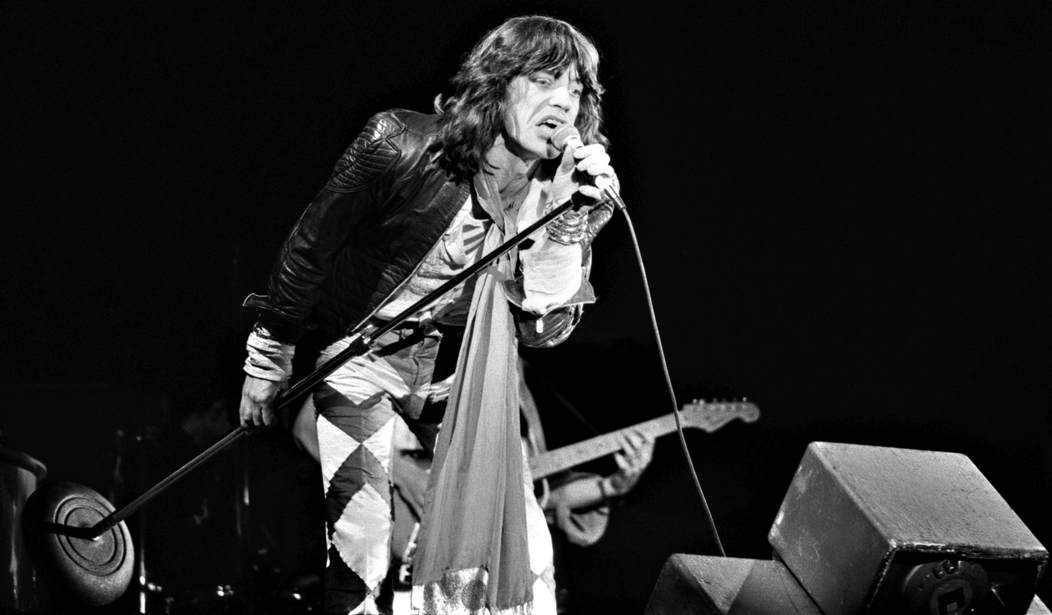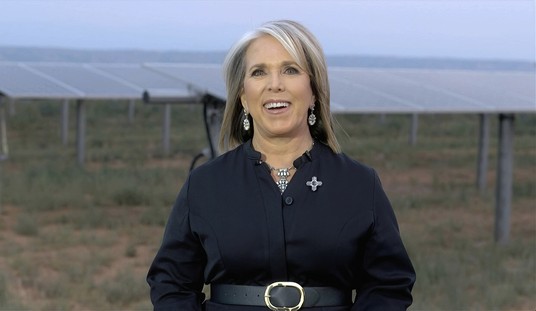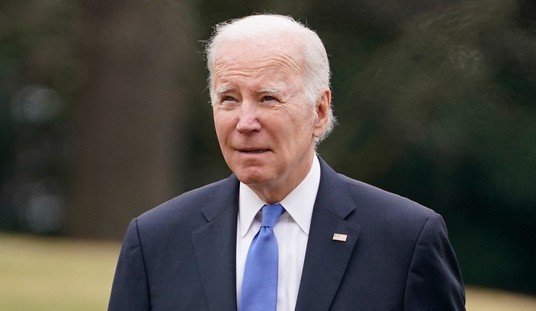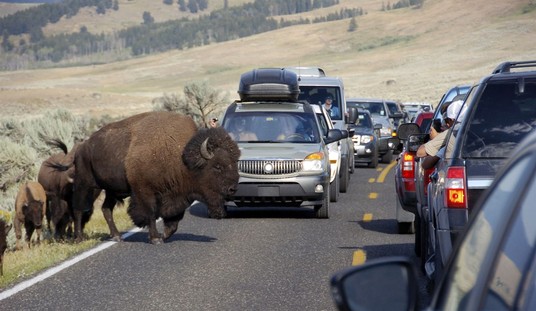In the event of a nuclear attack, the only creatures we know will survive are cockroaches and the Rolling Stones. What won’t survive, however, are problematic classic rock tunes like the Stones’ second-most played song in their catalog, “Brown Sugar.”
The Stones’ Keith Richards acknowledged the song’s absence from their current tour in an interview with the Los Angeles Times.
One song the band seems to have dropped from its set since the tour started up again is “Brown Sugar,” the Stones’ gleefully problematic early-’70s smash that opens on a “Gold coast slave ship bound for cotton fields.”
“You picked up on that, huh?” Richards said when asked why they’re not playing the tune. “I don’t know. I’m trying to figure out with the sisters quite where the beef is. Didn’t they understand this was a song about the horrors of slavery? But they’re trying to bury it. At the moment I don’t want to get into conflicts with all of this s—.” He laughed in his signature raspy fashion. “But I’m hoping that we’ll be able to resurrect the babe in her glory somewhere along the track.”
Jagger, as usual, was more circumspect than his freewheeling counterpart. “We’ve played ‘Brown Sugar’ every night since 1970, so sometimes you think, We’ll take that one out for now and see how it goes,” he said.
As the New York Post points out, attacks on the song have been on the rise in recent years as the cultural movement to get rid of anything and everything that might be even the least bit offensive to someone in a particular minority group — be it based on race, sexual orientation, or gender — has been plowing through contemporary culture and now seeks to rewrite the pop culture of the past.
Jagger is clearly not singing the song in the first person, but the danceable tune has been slammed in recent years, with some critics dubbing it “stunningly crude and offensive.”
Other commentators have conceded it is “gross, sexist, and stunningly offensive,” but still rocking.
“I never would write that song now,” Jagger told Rolling Stone in 1995. “I would probably censor myself. I’d think, ‘Oh God, I can’t. I’ve got to stop. I can’t just write raw like that.’”
The artists readily admit there’s no way the song would pass muster today, but apparently still hold out hopes that they could work it back into the playlist rotation in future shows.
There’s absolutely no way I can comment on this without someone taking offense. If I, as a straight, white male from Louisiana, were to defend the song, I’d be seen as just as problematic. If I say “Yeah, the song is probably a little too fast and loose with the horrors of slave ownership,” I would be attacked by most of you reading this as someone who just gives in to cancel culture.
There’s no real winner here, which is frankly pretty reflective of the cancel culture movement we’re in right now. God forbid that the wokescolds re-discover the full version of Dire Straits’ “Money For Nothing” (a Canadian group got it deemed “unacceptable” for Canadian radio ten years ago, though). No one must be oppressed via song lyrics.
This is really just a repackaging of the constant movement to ban books like Huckleberry Finn and To Kill A Mockingbird. I don’t think works of literature, be they songs or books, should inherently be viewed as works of oppression any more than I think the color of someone’s skin should inherently make them a societal victim or victimizer. “Brown Sugar” and Huckleberry Finn, for example, aren’t glorifying the horrors of white men’s treatment of African-Americans in bygone days of American history. Rather, they simply shine a light on those problematic aspects of America’s past. I don’t really think Mick Jagger was saying the enslavement and sexual assault of a black slave was a good thing any more than I think Mark Twain was trying to say that the treatment of Huck Finn’s companion, Jim, was acceptable.
But what is interesting here is that the Stones took the matter into their own hands and retired the songs themselves, which is an acknowledgment from them that, yes, people are taking offense to it, so let’s drop it for a bit and try to talk about it/work through it. It isn’t a total capitulation to cancel culture, at least for the moment.
But the Stones have been at this for longer than pretty much every other act that is touring today, and they have had their fair share of outrageous stories and scandals. They know how to navigate them, too, which is why you’re seeing a more proactive approach here. It’s tactful and it’s not so much a loss as it is a truce. The Stones can get away with that, though, while other acts can’t.
Especially since the flavor-of-the-month for outrages right now is LGBT issues, and Dave Chappelle is still getting piled on from that.
Maybe the lyrics to “Brown Sugar,” if you really listen to them, are a little cringey. But I can guarantee you very few people have listened to them at such an in-depth level that they pull out outrage and offense. It’s a catchy song that will be stuck in your head later simply because you read this column. It’s no different, from a musical standpoint, than conservatives who complain about the use of the n-word in modern rap. Kids who listen to that music aren’t really thinking about the lyrics so much as they are simply experiencing the totality of the music.
The question that society has to face in these situations, however, is whether or not keeping some words or tropes alive in our various forms of entertainment are a detriment to society. I tend to think they aren’t.













Join the conversation as a VIP Member